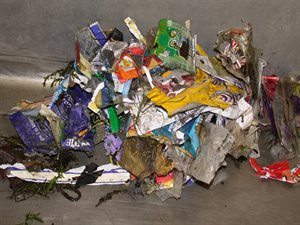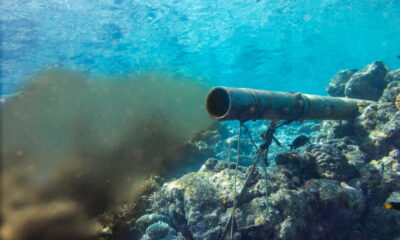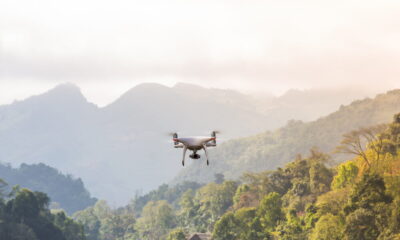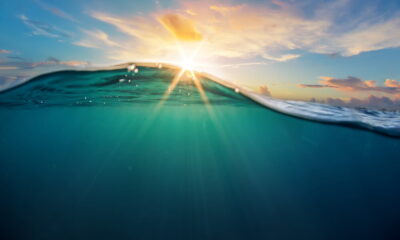

Environment
Thames rubbish could devastate ecosystems, research finds
Scientists have discovered thousands of pieces of plastic submerged on the riverbed of the upper Thames Estuary, threatening wildlife in the river and the sea it feeds into.
Researchers from Royal Holloway, University of London and the Natural History Museum found that the sheer amount of plastic recovered during the study shows that there is an unseen stream of rubbish flowing through London. The plastic in the river could be a “serious threat” to aquatic wildlife and has the potential devastate ecosystems.
Dr Dave Morritt, a senior lecturer in marine biology at Royal Holloway and co-author of the study, said, “The potential impacts this could have for wildlife are far reaching: not only are the species that live in and around the river affected, but also those in seas that rivers feed into.”
The researchers used nets designed to catch Chinese mitten crabs over a three-month period. Using this method meant the scientists could trap and analyse litter moving along the river bed that is usually hidden from view.
However, the full extent of rubbish in the Thames remains unknown. The scientists said the research only provides a snapshot of the volume of litter, with plastic bags and other large items unlikely to be caught in the small nets used.
Dr Paul Clark, a researcher at the Natural History Museum and co-author of the report, commented, “This litter moves up and down the river bed depending on tides. The movement causes the pieces of plastic to break down into smaller fragments.
“These are small enough to be eaten by even the smallest animals, which in turn are eaten by larger fish and birds. Once digested, plastic can release toxic chemicals, which are then passed through the food chain. These toxic chemicals, in high doses, could harm the health of wildlife.”
Separate research found that when toxic substances contained in microplastic enter the tissue of marine animals, it could alter an ecosystem’s functions.
Toxic chemicals can be found in many products we use today. The Marine Conservation Society recently warned that exfoliating skin products add plastic to our seas every time they are used.
Further reading:
Plastic from skin scrubs contributes to marine pollution
Scottish marine life under threat, says WWF
Microplastic intoxicates marine wildlife, new study finds
27 new marines conservations zones to be created around English coasts
‘FTSE index’ of threatened wildlife charts 60% decline since 1970


 Features10 months ago
Features10 months agoWhat is the Eco-Friendliest Option to Wash Your Dishes?

 Environment12 months ago
Environment12 months agoBuilding a Career in Green Construction: Tips and Insights

 News11 months ago
News11 months ago5 Ways Fleet Maintenance Software Can Help Businesses Be More Eco-Friendly

 Features10 months ago
Features10 months agoAddressing Pressing Ethical Concerns with Crypto Exchanges





























